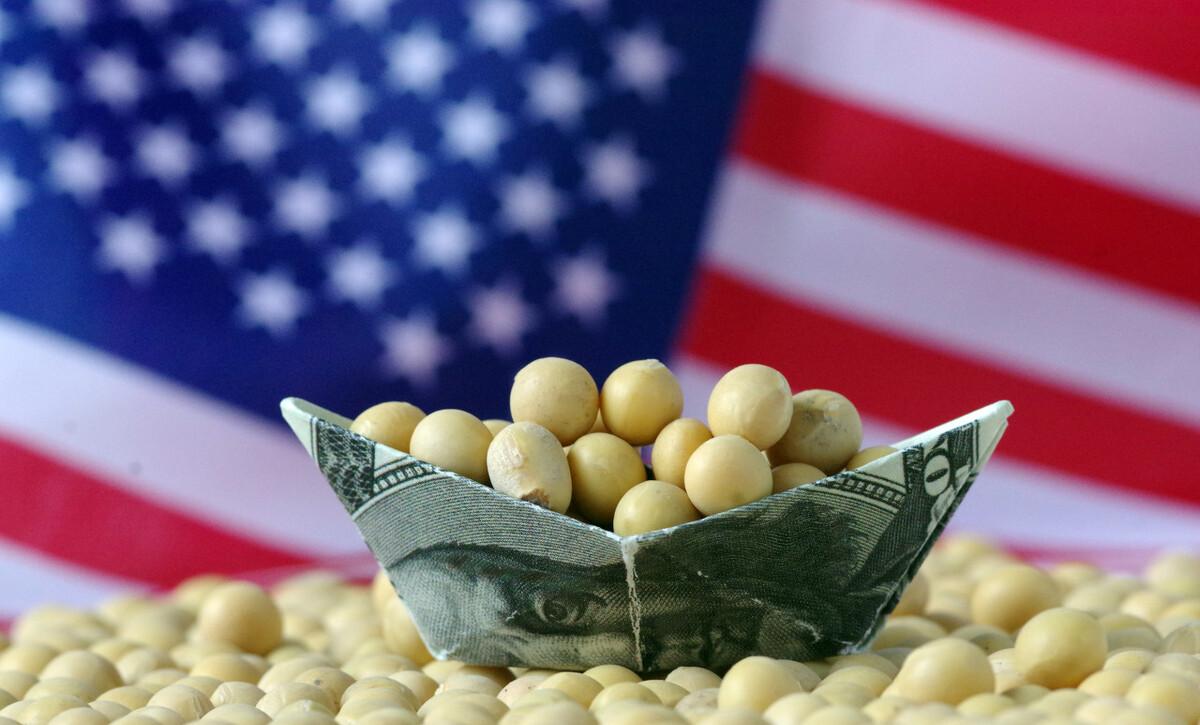On the use of "weather" speculation, the United States corn, soybeans are unbeatable. And this time Tonga undersea volcano erupted, why is the weather hype in the United States delayed?

Over the weekend, the South Pacific suddenly erupted with a submarine volcano that had not been seen in 30 years. The South Pacific island nation of Tonga has lost communications and temporarily lost contact with the outside world.
Needless to say, the impact of this submarine volcanic eruption on the global climate, at present, Japan, Fiji, New Zealand and other countries have issued tsunami warnings.
But after the emergence of this volcano, the American soybeans were blessed? Why?
As we all know, there is a special climate phenomenon this year, that is, the "La Niña" phenomenon. The specific explanation is more cumbersome, simply put, it is cold in winter and hot in summer, and it does not rain where it should rain, and it continues to rain where it should not rain. Due to this climatic phenomenon, the southern and western United States, South America's Argentina, Brazil and other countries, have experienced drought to varying degrees, and the yield expectations of local corn, soybeans and other crops have been lowered.
However, this eruption has brought variables, which may lead to the weakening or early end of the "La Niña" phenomenon.
In fact, this is very easy to understand, we are purely from the heat transfer theory point of view, La Niña is the sea surface temperature is abnormally cold, volcanic eruptions are high temperature, the exchange between one cold and one hot, the sea surface temperature rises, the probability of warming and warming is very large. If this is the case, it will bring more precipitation to soybeans in the arid southern and western United States, as well as corn, soybeans and other crops in South America, which is undoubtedly beneficial to increase production.
According to meteorologists, in the medium to long term, if the destructive power of this volcanic eruption is further escalated in time, it may give birth to the Northern Hemisphere, and an El Niño will occur this spring and summer. El Niño is the opposite of La Niña. Usually, the emergence of El Niño will bring more precipitation to the southern United States, and it is the planting, flowering and filling period of U.S. beans, which naturally helps to increase soybean yields.
So it's not that the U.S. soybean weather hype has been delayed, but from a climatic and geographic point of view, it does increase the likelihood of U.S. soybean production. In addition, after all, volcanic eruptions are a terrible natural disaster, and human beings should first fear life before considering other problems.
Are you right?